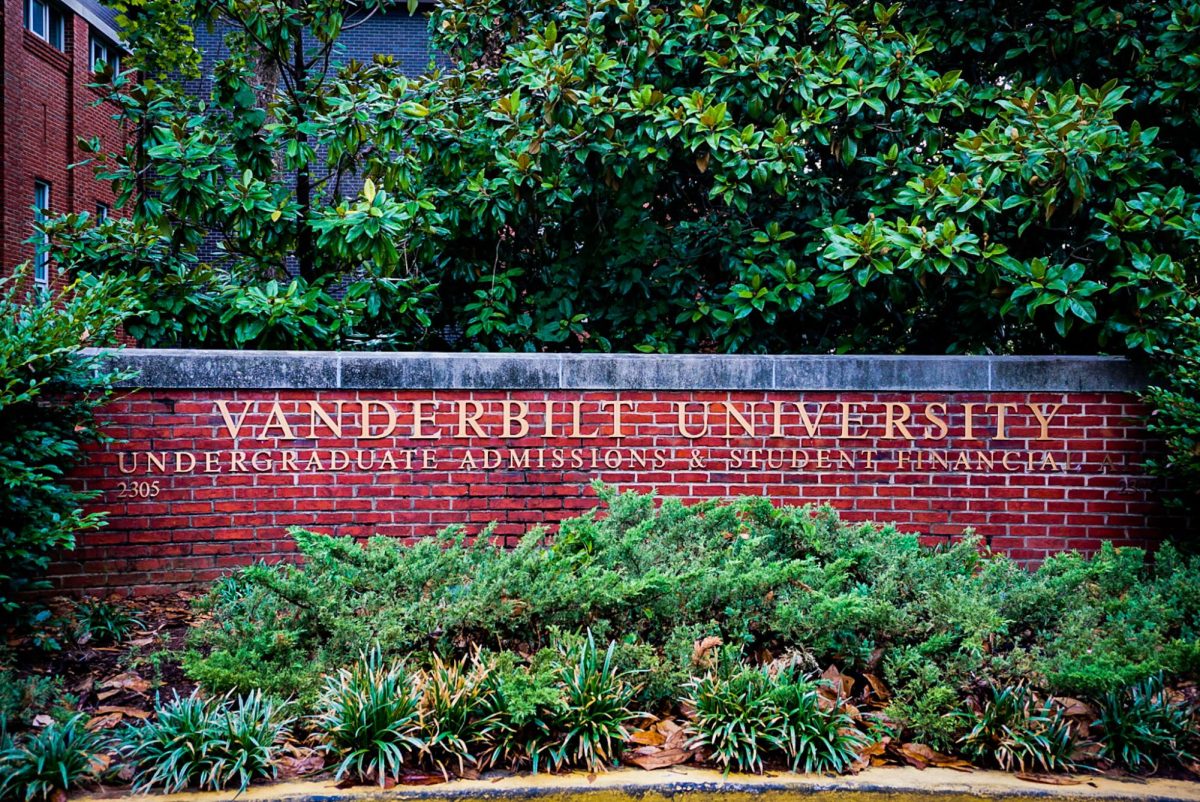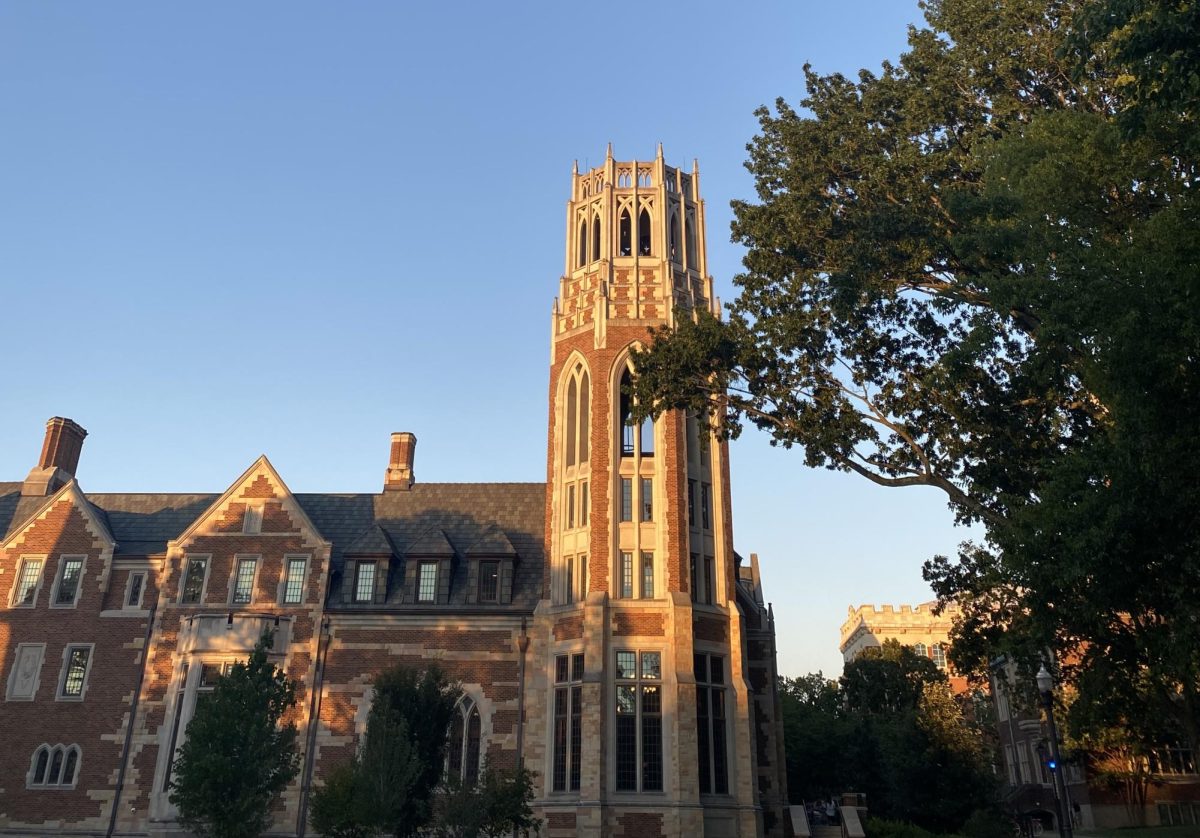Vanderbilt’s test-optional policy will continue for the prospective first-year and transfer entering Classes of 2025, 2026 and 2027, allowing students to apply without submitting SAT or ACT scores.
Dean of Admissions and Financial Aid Douglas Christiansen explained that the test-optional policy was initially implemented for the entering Class of 2021. This policy was put in place to accommodate students who were unable to take a standardized test due to difficulties brought on by the COVID-19 pandemic.
The policy was extended to the entering Class of 2022 for the same reasons. Christiansen stated that the decision to re-extend the policy through the entering Class of 2027 was instead due to existing statistical information and a desire for continued analysis of post-graduation outcomes and academic performance.
“A portion of [the most recent extension] was still the slight sense of the testing centers not being open,” Christiansen said. “But really, we wanted to have more information about the effect on [the] performance of students who took the test or didn’t take the test.”
Christiansen is co-chair of the Admissions Research Consortium, a group of 70 institutions around the country investigating post-COVID-19 undergraduate application and performance metrics. Such metrics include annual retention through graduation and differences in academic performance between students who do and do not submit testing. Christiansen stated that students are earning similar GPAs regardless of whether they submitted test scores.
“We’ve made the decision to look at this in a very research-oriented fashion by understanding what’s happening with our students receiving the delayed effects of the pandemic,” Christiansen said.
Christiansen also explained that research shows that transcripts serve as a better predictor of a student’s success than standardized test scores.
“The transcript is really the better predictor individually because it’s four years of trying to understand the student versus a two-hour test,” Christiansen said.
He said the percentage of applicants who did and did not submit testing was similar in the entering Classes of 2023 and 2024, at around 53% and 47%, respectively. For the entering Class of 2023, Christiansen said the percentage of students enrolling at Vanderbilt was nearly even across those who did and did not submit test scores.
“We’re trying to balance very carefully that you’re not favored or disfavored if you turn in or you don’t turn in testing,” Christiansen said.
Christiansen added that the Office of Undergraduate Admissions has been working closely with high school counselors and students to emphasize that testing can be submitted if desired. He further explained that the test-optional policy is more inclusive for prospective applicants of all backgrounds, particularly those unable to travel to testing centers or afford additional tutoring.
“The policy helped with all forms of diversity — race, ethnicity, geographic diversity, socioeconomic diversity, first-generation [students] and diversity of interests in Vanderbilt’s course offerings,” Christiansen said.
First-year Puspa Shah, who opted not to submit testing, said she believes the test-optional policy provides a more equitable application cycle for students.
“There are countless students who do not have the resources to afford these standardized tests, let alone resources to study for them,” Shah said.
First-year Ava Hatfield, who submitted testing, believes submitting her SAT did not impact her chances of admission significantly because she felt the score was redundant to what her application already conveyed.
“I think submitting scores can only have a positive impact if the prospective student lacks in other academic areas and their score elevates their application,” Hatfield said. “Other than that, it seems that test scores are somewhat irrelevant.”


















